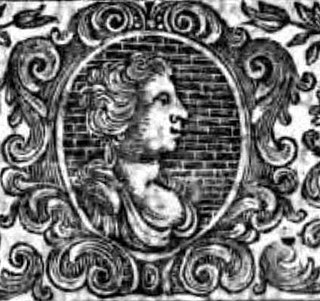A Quote by Seneca the Younger
Nature does not bestow virtue; to be good is an art.
Related Quotes
If then, as we say, good craftsmen look to the mean as they work, and if virtue, like nature, is more accurate and better than any form of art, it will follow that virtue has the quality of hitting the mean. I refer to moral virtue [not intellectual], for this is concerned with emotions and actions, in which one can have excess or deficiency or a due mean.
If it be asked, Why does God not bestow the same or equal blessing upon all people? we can only answer, that has not been fully revealed. We see that in actual life He does not treat all alike. For wise reasons known only to Himself He has given to some blessings to which they had no claim…and has withheld from others gifts which He was under no obligation to bestow.
What makes art Christian art? Is it simply Christian artists painting biblical subjects like Jeremiah? Or, by attaching a halo, does that suddenly make something Christian art? Must the artist’s subject be religious to be Christian? I don’t think so. There is a certain sense in which art is its own justification. If art is good art, if it is true art, if it is beautiful art, then it is bearing witness to the Author of the good, the true, and the beautiful






































